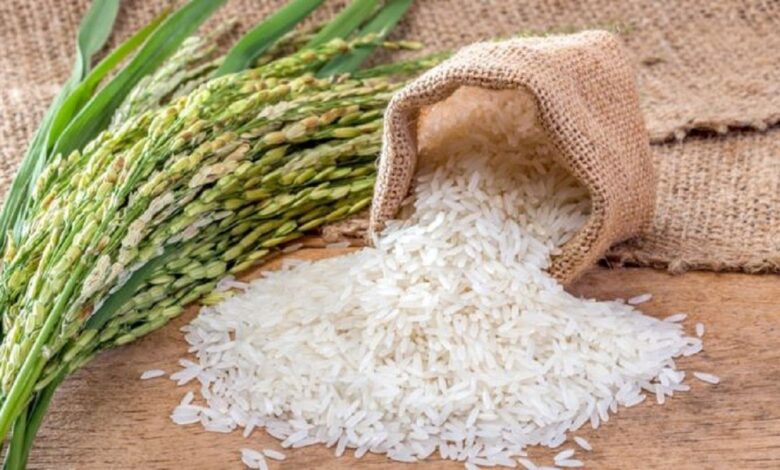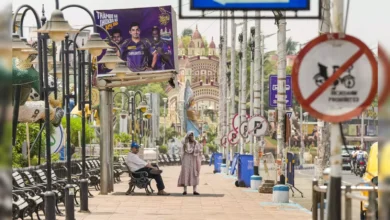India considers banning most rice exports, as local prices surge
The government is discussing a plan to ban exports of all non-Basmati rice. Govt wants to avoid the risk of more inflation before elections.

India, the largest exporter of rice globally, is considering a ban on most rice varieties in an effort to curb rising domestic prices and prevent further inflation risks. The proposed ban, which is currently under discussion by the government, would include all non-Basmati rice. However, while this move may help lower prices within the country, it could potentially lead to even higher global costs.
India, which accounts for approximately 40% of the international rice trade, has previously implemented measures to restrict rice exports. In response to soaring prices of food staples like wheat and corn after Russia’s invasion of Ukraine, India banned broken rice exports last year and imposed a 20% duty on shipments of white and brown rice. Also, India has imposed limitations on wheat and sugar exports.
The potential ban on non-Basmati rice exports, if implemented, would affect around 80% of India’s rice exports. This decision has already had an impact on Indian rice millers, with shares of significant rice companies experiencing declines. KRBL Ltd., the largest rice company in India, witnessed a drop of 3.7% in its share value before recovering slightly. Other rice companies such as Chaman Lal Setia Exports Ltd., Kohinoor Foods Ltd., and LT Foods Ltd. also experienced declines in their share prices.
The timing of this potential ban is significant as importers like Indonesia, China, and the Philippines have been actively stockpiling rice this year. Adding to concerns over supply is the recent development of El Niño conditions in the tropical Pacific, which may result in droughts in various rice-growing regions.
India’s consideration of the ban is due increase in consumer price inflation in June, primarily driven by higher food prices. Economists predict a further rebound in inflation due to recent surges in tomato prices, a crucial ingredient in Indian cuisine, and an increase in the government’s support price for monsoon-sown crops.
In Delhi, retail rice prices have risen by approximately 15% this year, with the average nationwide price experiencing an 8% increase, according to data from the food ministry. Continuously high food costs could negatively impact public sentiment ahead of upcoming state polls later this year and the national election in 2024.



